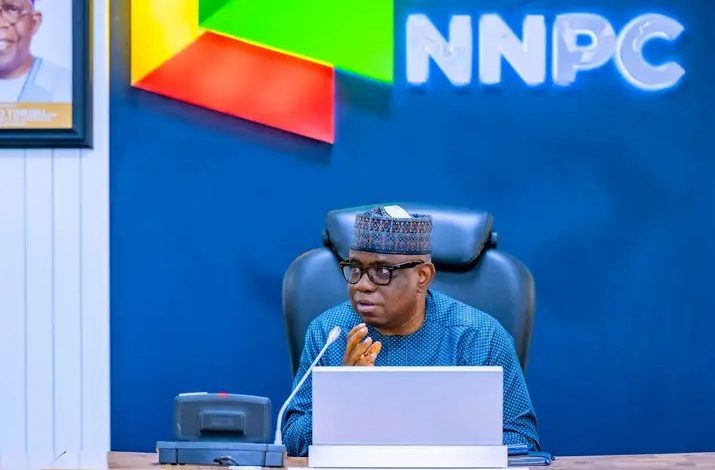PENGASSAN Strike: NNPC Reports Heavy Losses as Union Suspends Action
NNPCL says it lost crude, gas, and power supply during PENGASSAN’s three-day strike.
The union suspended the action after talks but warned it could restart anytime.
The Nigerian National Petroleum Company Limited (NNPCL) has expressed concern over the huge losses caused by the three-day strike by the Petroleum and Natural Gas Senior Staff Association of Nigeria (PENGASSAN).

In a letter sent to key regulatory agencies, NNPCL’s Group Chief Executive Officer, Bashir Bayo Ojulari, revealed that the strike disrupted oil and gas production, cutting crude output by 16 per cent, marketed gas by 30 per cent, and national electricity supply by 20 per cent. The correspondence, dated September 29, 2025, was also forwarded to the National Security Adviser and the Department of State Services.
According to Ojulari, the action forced the shutdown of major oil terminals, gas facilities, and power plants, leading to deferred production of about 283,000 barrels of crude oil and 1.7 billion standard cubic feet of gas daily. He warned that the situation placed “immediate and compounding pressure” on NNPCL’s revenue.
Ojulari also noted that critical maintenance projects, including compressor servicing and well tests, were stalled. He added that cargo operations at terminals were delayed, causing demurrage costs for international buyers.
The strike began after PENGASSAN accused Dangote Petroleum Refinery of unfair labour practices, including the mass transfer and dismissal of union members and the replacement of some local staff with foreign nationals. Dangote denied the allegations, insisting that workforce changes were driven by operational needs.
The Federal Government intervened following concerns about the impact on the economy and energy security. After long negotiations, the union announced a temporary suspension of the strike but stressed it could resume at any time.
Union President Festus Osifo explained that the decision was made out of respect for government institutions but warned that members would not hesitate to return to industrial action if the agreement was breached.
“We are only suspending, not calling off this strike,” Osifo said, adding that the struggle was about workers’ rights to fair pay and freedom of association, not check-off dues. He dismissed claims that the union aimed to harm Dangote’s investment, arguing that PENGASSAN has always supported the growth of Nigeria’s oil and gas sector.
The union maintained that its members at the refinery willingly joined PENGASSAN to push for better welfare and global industry standards. Osifo made it clear that the truce was fragile, stating that the union’s trust in Dangote remained low.



